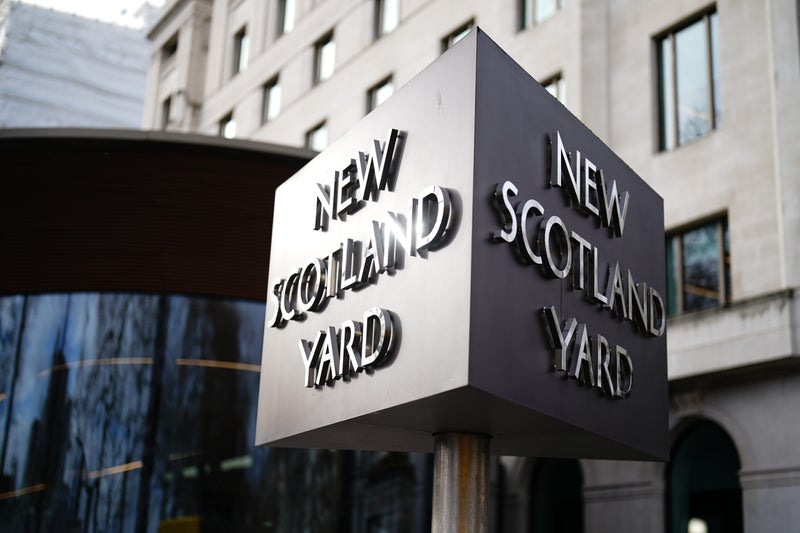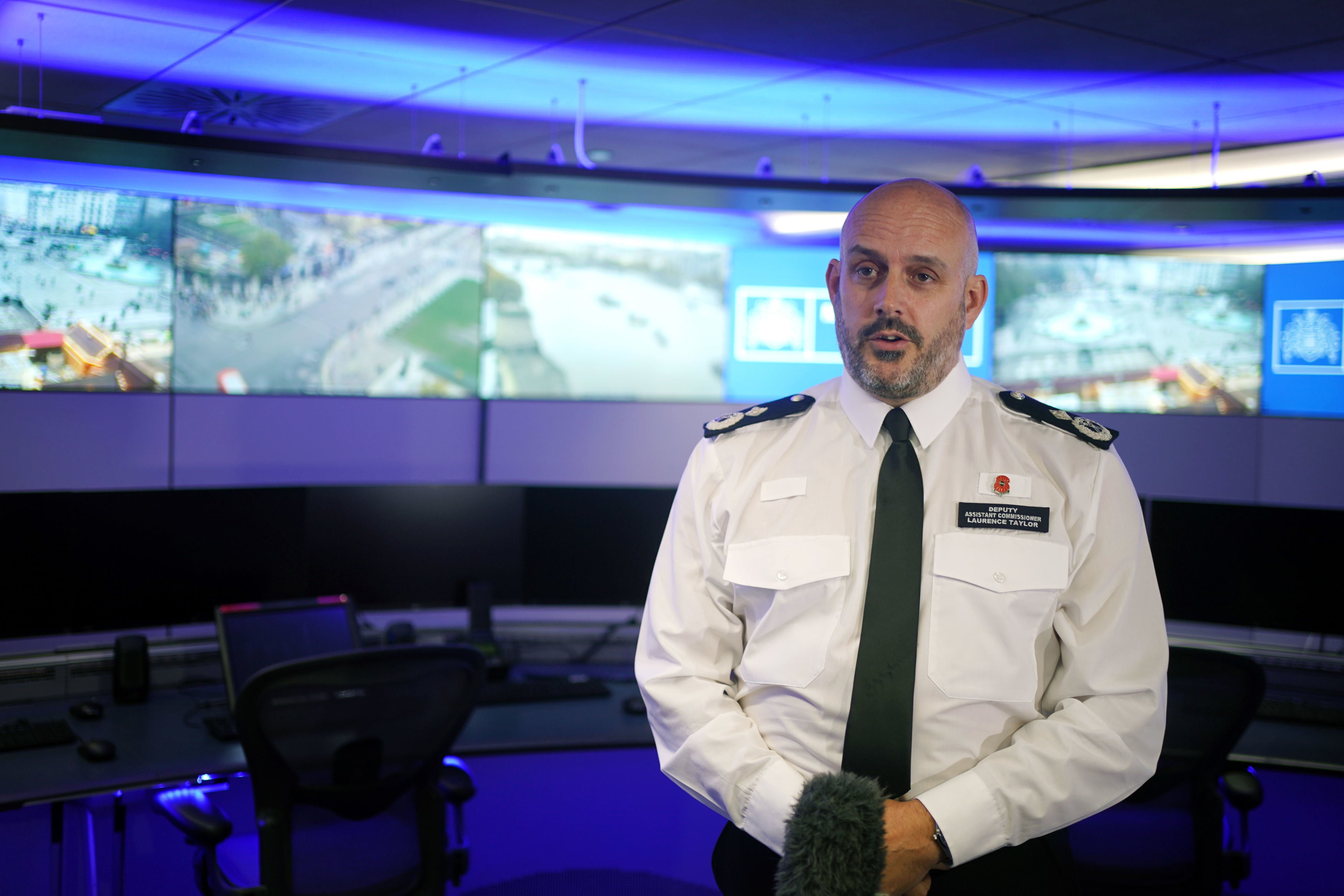Predators, bullies, and abusers have lurked in the ranks of the Metropolitan Police for far too many years, and signs that they are unfit to serve have been either missed or deliberately swept under the carpet. The force was branded institutionally racist, misogynistic and homophobic by the landmark Casey review, while the crimes of rogue officers like Wayne Couzens have cast a long shadow over the hardwork and achievements of their former colleagues.
That was the turbulent landscape for Sir Mark Rowley when he took on the role of Met Police Commissioner in 2022. He promised to root out rotten officers, clean up the force’s reputation, and regain the trust of the public. Sir Mark, who has a long history with the Met, was realistic about the challenge ahead of him, helming a force in special measures after a series of racism and sexism scandals. He warned things would look worse before they got better, with a parade of rogue officers set to face criminal charges and disciplinary proceedings over the months and even years that followed.
He has lived up to that early promise – it’s no exaggeration to say it can seem not a day go espast without a fresh announcement of allegations being levelled against a serving Met officer, or against one who has already quit in disgrace. The seemingly endless windfall of bad apples eventually gives way to an understanding that the tree is healthier as a result. But we have reached a point where the Commissioner needs strong backing from the government, to continue the mission of banishing officers who simply should not be in the job.
Policing in this country is done by consent, and the public have to trust that officers are good people who will dutifully uphold the law. They are rightly held to a higher standard as a result. A key part of that process is internal vetting, conducted at the start of an officer’s career and sometimes revisited if concerns are raised. It’s a private process, so we have to place trust in senior police leaders that checks are stringent and those that pass the test are worthy.
Today’s High Court defeat for Scotland Yard is blow to the force, but should focus political minds on a problem Sir Mark says has been identified for the last two decades but never acted on. He says he and his fellow police chiefs face a “hopeless“ position, where they want to sack officers who fail the vetting test but their hands are tied by a lack of legal powers. Sir Mark says he wants to be rid of some 300 officers – including one arrested in the US for on suspicion of trying groom a 13-year-old girl – but can’t. Instead, redundant officers will sit on the payroll as the courts now say they are unsackable.
That is a ludicrous position for a police force to be in. It’s even more ridiculous for a force like the Met, rocked by scandal and under enormous pressure to reform, to be hamstrung in its efforts to rebuild the bond with the communities it serves. Lessons appear to have been learned from cases like Couzens, where there were a litany of missed chances to kick him out of policing before he kidnapped, raped, and murdered Sarah Everard. He had financial woes which arguably should have thwarted his bid for police service vetting, while several allegations of indecent exposure were not properly investigated at the time.
Similarly, serial rapist PC Adam Provan could have been booted out of the force just two years into his service when he was first accused of harassing a woman. But the allegation was minimised and eventually ignored by a senior officer. Scotland Yard has come unstuck in the courts by adopting an unlawful policy to try to get rid of officers who simply do no meet the gold standard expected of the police.
Those officers who are accused must be afforded a chance to fight their corner, of course. But the rights of officers is naturally balanced against the rights of the public to have a police force they can trust. There is a high bar for standards, and police chief like Sir Mark are trusted to decide who does - and does not - fit the bill. Home Officer ministers must now act, to ensure that a police chief who wants to clean up his force is not held back in that mission.



















.png?trim=33,0,64,0&quality=75&auto=webp&width=1000)


